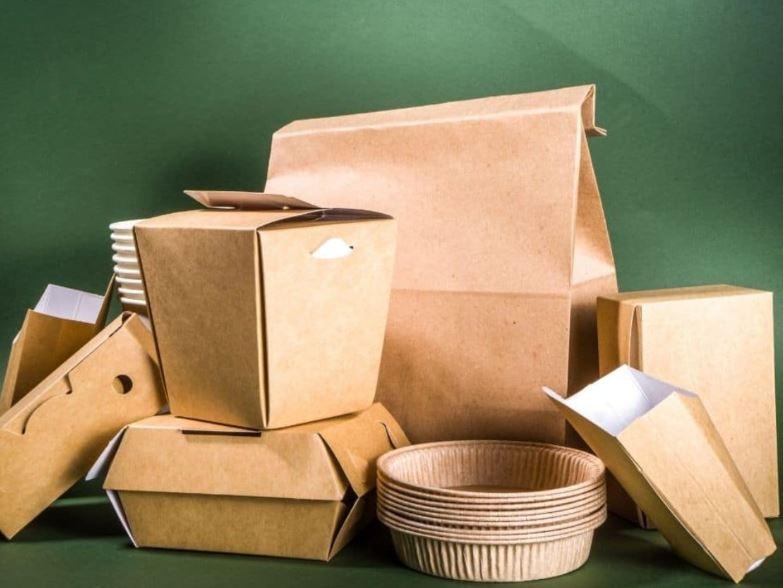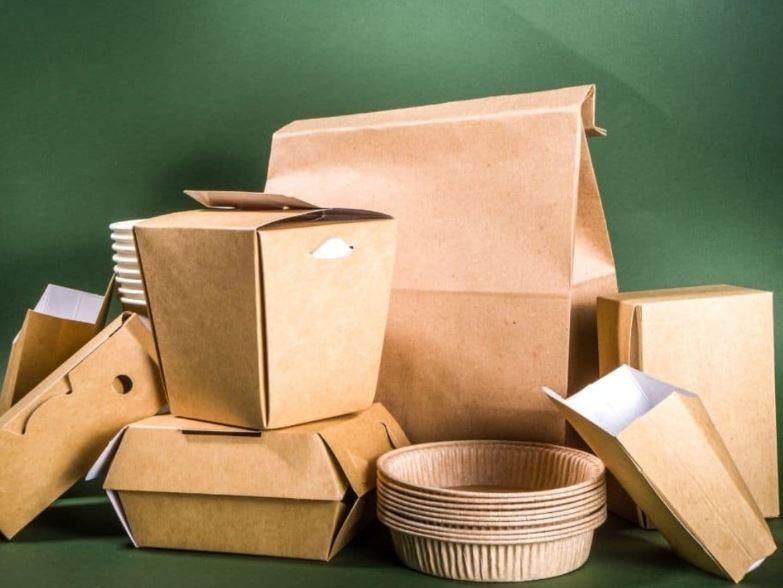As consumer awareness grows around sustainability and environmental impacts, major green packaging companies brands are responding by overhauling their packaging strategies. This article highlights 10 leading green packaging companies that are implementing innovative sustainable packaging solutions.

Highlight List
- Plaine's reusable aluminum bottles
- Lush's packaging reduction and recycling
- Kellogg's recyclable and compostable packaging goals
- Pangea's bio-resin packaging
- JUST Water's paper and aluminum packaging
- ASOS's packaging reductions
- Calvin Klein's recyclable packaging and instructions
- Zara's recyclable packaging and clothing recycling
- Puma's shoe box bag hybrid
- Samsung's repurposed packaging options
Plaine's Reusable Aluminum Bottles Cut Down on Plastic Waste
Beauty brand Plaine is tackling the issue of single-use plastic waste from bathroom products like shampoos. Plaine sells its hair and body care items in reusable aluminum bottles. Customers can return the empties to be refilled, or recycle them since aluminum is 100% recyclable. This eliminates the need for single-use plastics ending up in landfills.
Lush Prioritizes Packaging Reduction and Recycling
Cosmetics brand Lush aims to avoid extraneous packaging whenever possible. Many products like soaps and bath bombs don't require packaging. For necessary packaging, over 90% of Lush's packaging is made from recycled materials and is recyclable or compostable. The company's Black Pots are reusable and returnable to stores.
Kellogg's Commits to 100% Recyclable or Compostable Packaging
Major food brand Kellogg's is working to minimize its plastic footprint. Currently, 76% of Kellogg's packaging is recyclable. The company has pledged to make 100% of its packaging recyclable, reusable or compostable by the end of 2025. Transitioning away from non-recyclable plastics will drastically reduce Kellogg's environmental impact.
Pangea Uses Sustainable Sugarcane Bio-Resin Packaging
Eco-beauty brand Pangea uses an innovative sugarcane bio-resin for its facial care and body care product packaging. This unique plant-based plastic alternative lowers Pangea's reliance on fossil fuel-based materials. Compared to traditional plastics, sugarcane resin also has a lighter carbon footprint and is certified compostable and recyclable.
JUST Water Provides Recyclable Paper and Aluminum Packaging
JUST Water offers a sustainable alternative to standard plastic water bottles. Its packaging is made from paper cartons and aluminum bottles. Americans discard over 38 million plastic water bottles daily, with most not being recycled. JUST Water's recyclable materials help reduce plastic pollution and carbon emissions.
ASOS Cuts Packaging to Reduce Carbon Footprint
Online fashion retailer ASOS has removed 40% of its own-brand packaging since 2019. Right-sizing packaging to fit products trimmed the carbon footprint of mailing bags by 27%. ASOS also removed 25 million clothing tags. Moving all returns online eliminated paper waste from return slips.
Calvin Klein Provides Recycling Instructions on Packaging
Calvin Klein added detailed recycling instructions on its packaging in partnership with How2Recycle. This provides customers guidance on properly recycling every component of the packaging, redirecting waste from landfills. Promoting recycling helps brands lower their environmental impacts.
Zara Pursues Recyclable Packaging and Clothing Recycling
Fast fashion brand Zara aims for 100% of its packaging to be recyclable, reusable or compostable by 2025. Zara is also encouraging customers to return used clothing and textiles to stores for recycling or repurposing. Combined with sustainable packaging, this initiative strives to make Zara landfill-free.
Puma's Hybrid Shoe Box Bag Reduces Plastic Bag Use
Sportswear brand Puma designed an innovative shoe box that converts into a bag, eliminating the need for single-use plastic bags. This creative solution is part of Puma's sustainability strategy to lower its water consumption, carbon emissions and waste. More brands are thinking outside the box to develop smart packaging and plastic alternatives.

